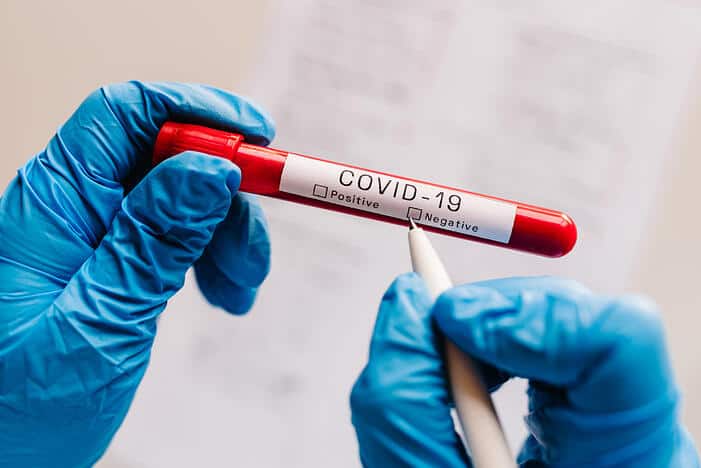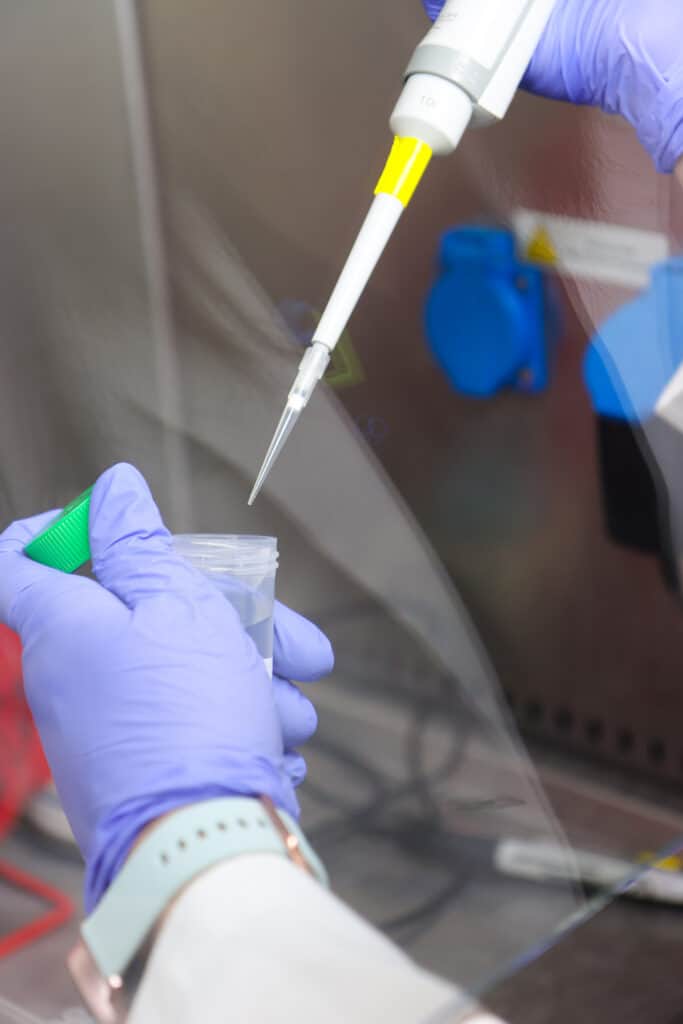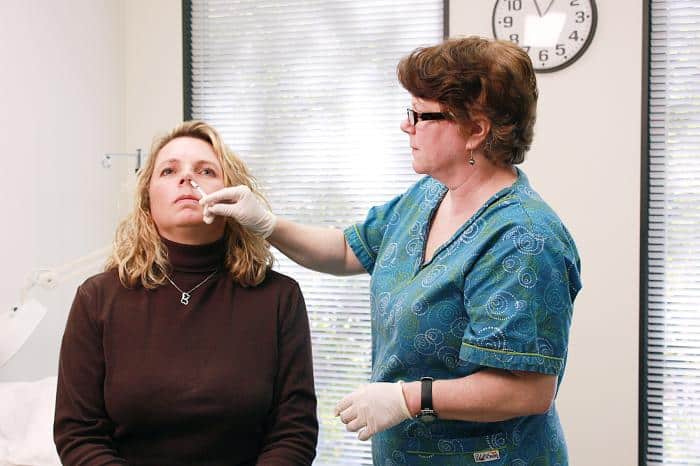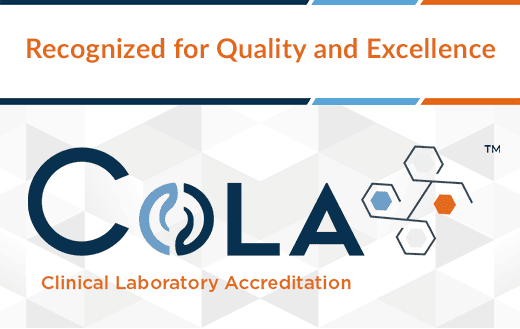Introduction
As an obstetrician-gynecologist, finding a reliable and trustworthy reference lab for your practice is crucial in providing the highest quality care for your patients. In this article, we will guide you through the essential factors to consider when choosing the perfect reference lab for OBGYN’s. We will cover topics such as accreditation, turnaround times, lab services, and customer support.
Accreditation: Ensuring High Standards and Quality Control
The first and foremost factor to consider when choosing a reference lab for OBGYN’s is accreditation. Accreditation ensures that the lab meets strict quality standards and adheres to industry best practices. Look for labs accredited by organizations such as:
Clinical Laboratory Improvement Amendments (CLIA): CLIA certification is mandatory for all labs performing diagnostic testing in the United States. It ensures that labs meet specific federal quality standards.
Commission on Office Laboratory Accreditation (COLA): a leading physician-directed accrediting organization and the first to obtain federal approval under CLIA for over 30 years.
The College of American Pathologists (CAP): CAP is a leading international organization that sets the gold standard for laboratory accreditation.
Labs accredited by COLA or CAP undergo rigorous inspections and must comply with high-quality control standards.
Turnaround Times: Faster Results for Improved Patient Care
When selecting a reference lab for your OBGYN practice, it is crucial to consider turnaround times for test results. Prompt and accurate results are essential for providing timely and appropriate care for your patients. Seek out labs that offer:
Rapid turnaround times: Look for labs with a track record of providing results within 24 to 48 hours, depending on the specific test.
Clear communication: Make sure the lab you choose has a reliable communication system in place to inform you of any delays or issues affecting turnaround times.
Lab Services: Comprehensive Testing Options for Your Practice
A reference lab that offers a wide range of testing options can streamline your practice and improve patient care. When evaluating potential labs, look for those that provide:
Obstetric testing: Prenatal screening, genetic testing, and infectious disease screening are essential services for OBGYN practices.
Gynecologic testing: A comprehensive lab should offer testing for hormonal imbalances, sexually transmitted infections (STIs), and cervical cancer screening, among other gynecological tests.
Specialty testing: Seek out labs that offer specialized testing options, such as fertility testing and advanced genetic screening, to address your patients’ unique needs.
Customer Support: A Partner in Your Practice’s Success
A reference lab with excellent customer support can make a significant difference in the overall efficiency and success of your practice. When evaluating potential labs, consider the following factors:
Accessibility: A dedicated customer service team should be easily reachable by phone, email, or online chat to address your concerns promptly.
Responsiveness: The lab should respond to your inquiries and concerns within a reasonable timeframe, typically within 24 hours.
Technical expertise: The lab’s customer support team should possess the necessary technical knowledge to address your questions and provide guidance on test selection and interpretation.
Cost Considerations: Balancing Affordability and Quality
While cost should not be the sole factor in choosing a reference lab for your OBGYN practice, it is essential to balance affordability with the quality of services provided. Keep the following points in mind when assessing costs:
Transparent pricing: The lab should provide clear and upfront pricing information for their services, without any hidden fees or charges.
Competitive rates: Compare the prices of several labs to ensure you are receiving competitive rates for the services you require.
Volume discounts: Some labs offer discounts based on the volume of testing your practice requires, which can result in substantial savings.
In conclusion, choosing the right reference lab for your OBGYN practice is essential for providing the highest quality care to your patients. By considering factors such as accreditation, turnaround times, lab services, customer support, and cost, you can ensure that you select a lab that meets your practice’s unique needs and expectations. Remember to conduct thorough research, compare multiple labs, and seek recommendations from trusted colleagues to make an informed decision.





